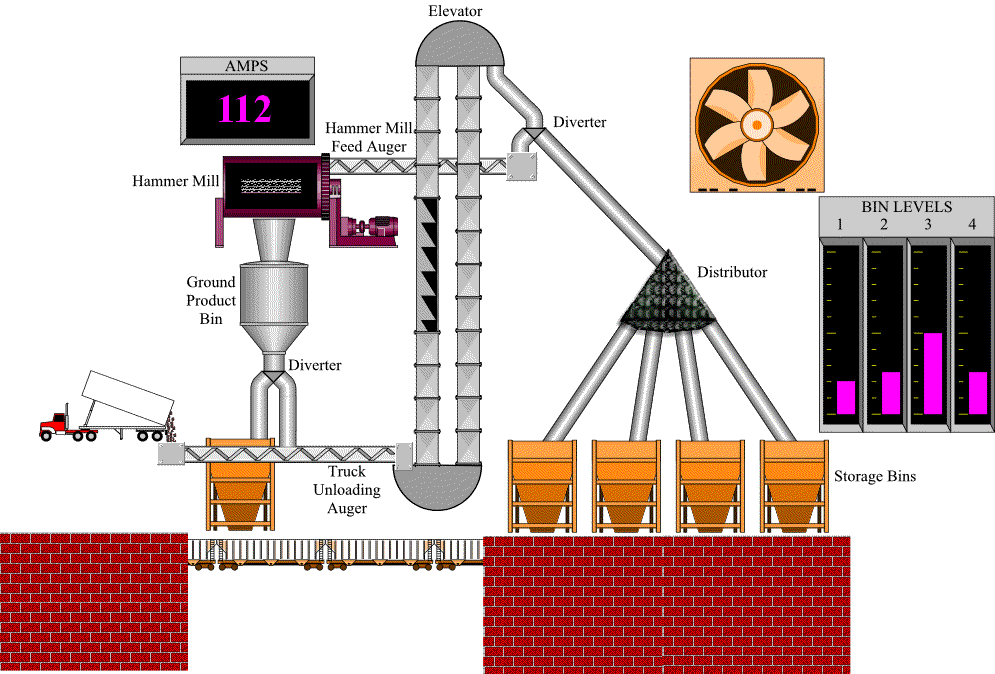
Automation Lab
Department of Mechanical Engineering
Indian Institute of Technology Delhi
Industrial/Automatic Manufacturing
Industrial automation is defined as the use of set technologies and automatic control devices that results in the automatic operation and control of industrial processes without significant human intervention and achieving superior performance than manual control. These automation devices include PLCs, PCs, PACs, etc. and technologies include various industrial communication systems. Automation of factory or manufacturing or process plant improves production rate through a better control of production. It helps to produce mass production by drastically reducing assembly time per product with a greater production quality. Therefore, for a given labor input it produces a large amount of output. Integration of various processes in industry with automated machineries, minimizes cycle times and effort and hence the need of human labor gets reduced. Since the automation reduces the human involvement, the possibility of human errors also gets eliminated. Uniformity and product quality with a greater conformity can be maintained with automation by adaptively controlling and monitoring the industrial processes in all stages right from inception of a product to an end product. Automation completely reduces the need for manual checking of various process parameters. By taking advantage of automation technologies, industrial processes automatically adjusts process variables to set or desired values using closed loop control techniques. Industrial automation increases the level of safety to personnel by substituting them with automated machines in hazardous working conditions. Traditionally, industrial robots and robotic devices are implemented in such risky and hazardous places.

Designed by Navdeep Singh